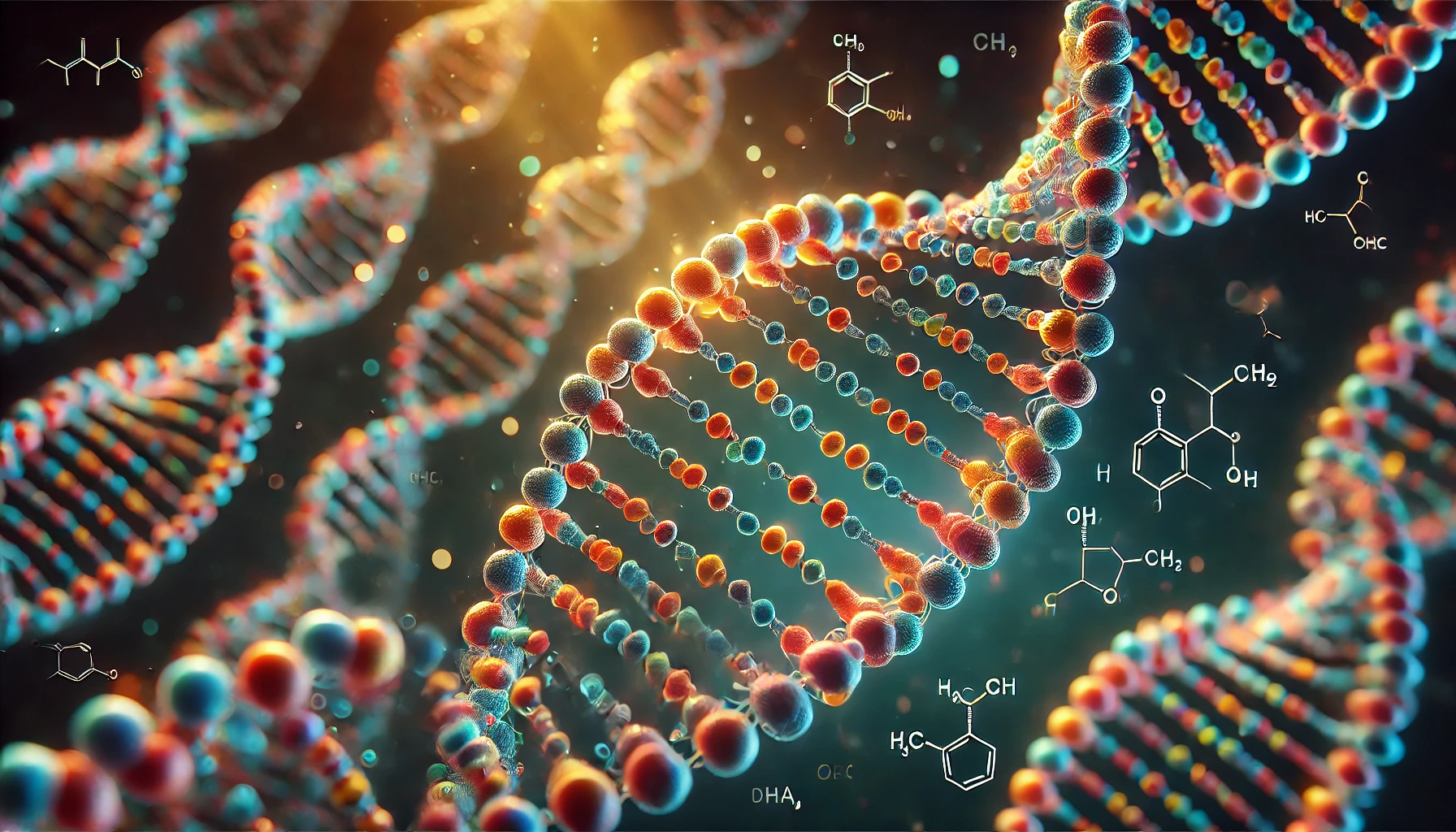FDA Approval Boosts Autolus' CAR-T Aucatzyl in Competitive Leukemia Market

Autolus Therapeutics has achieved a pivotal milestone with the FDA's approval of its CAR-T cell therapy, Aucatzyl, for treating relapsed or refractory B-cell precursor acute lymphoblastic leukemia (B-ALL). This approval follows significant results from the FELIX study, where Aucatzyl demonstrated a 63% complete remission rate among evaluable patients and showcased a favorable safety profile with lower severe cytokine release syndrome levels[1][2]. Notably, Aucatzyl distinguishes itself in the market by being the only CAR-T therapy in its class that does not require an FDA Risk Evaluation Mitigation Strategy (REMS), simplifying the treatment process for centers and potentially accelerating its adoption[1]. Additionally, priced at $525,000, Aucatzyl is positioned to be a competitive rival to Gilead's Tecartus, with plans to initially launch in 30 U.S. treatment centers and later expand[2].
References
Explore Further
What impact does Aucatzyl's FDA approval have on Autolus Therapeutics' market positioning compared to its competitors like Tecartus and Kymriah?
How might the absence of a REMS requirement for Aucatzyl influence its adoption rate in the U.S. healthcare market?
What are the potential implications for Aucatzyl if it receives regulatory approval in the EU and UK similar to the U.S.?
How does Aucatzyl's pricing strategy at $525,000 compare to other CAR-T therapies in the leukemia market in terms of cost-effectiveness?
What challenges might Autolus face in scaling up the production and distribution of Aucatzyl to 60 treatment centers by next year?